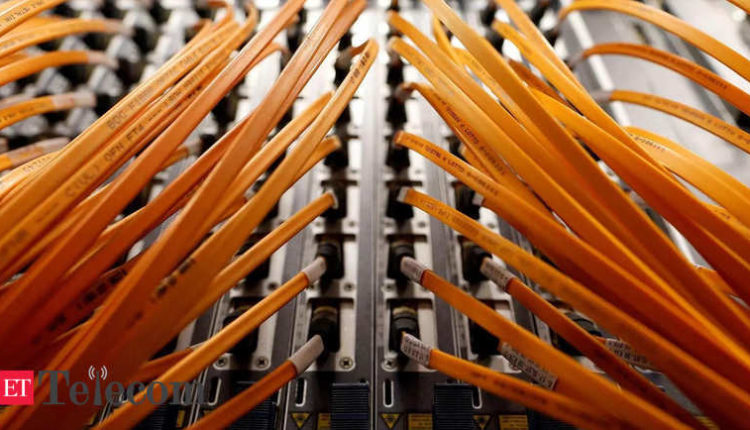Facebook, Google plan new undersea cables to connect Southeast Asia and America, Telecom News, ET Telecom
“Named Echo and Bifrost“These will be the first two cables to cross a new diversified route crossing the Java Sea, and they will increase total underwater transit capacity by about 70 percent,” Facebook Vice President of Network Investments Kevin Salvadori told Reuters.
He declined to specify the amount of the investment, but said it was “a very significant investment for us in Southeast Asia”.
According to the executive, the cables will be the first to directly connect North America with some of Indonesia’s major parts and increase connectivity to the central and eastern provinces of the world’s fourth most populous country.
Salvadori said Echo is being built in partnership with Google Alphabet and Indonesian telecommunications company XL Axiata and should be completed by 2023.
Bifrost, which is being implemented in partnership with Telin, a subsidiary of Telkom in Indonesia, and the Singaporean conglomerate Keppel, should be completed by 2024.
The two cables, which will need regulatory approval, follow Facebook’s previous investment in building connectivity in Indonesia, one of the top five markets worldwide.
While 73% of Indonesia’s 270 million people are online, the majority have access to the network via mobile data, with less than 10% using broadband, according to a 2020 study by the Indonesian Internet Service Providers Association. Cities of the country remain without internet access. Last year, Facebook said it would deploy 3,000km (18,641 miles) of fiber to Indonesia in twenty cities in addition to a previous deal to develop public Wi-Fi hotspots.
In addition to cables for Southeast Asia, Facebook continues its broader underwater plans in Asia and worldwide, including the Pacific Light Cable Network (PLCN), Salvadori said.
“We are working with partners and regulators to address all the concerns that people have, and we look forward to this cable being a valuable, productive trans-Pacific cable that will continue in the near future,” he said.
A 12,800-kilometer PLCN, funded by Facebook and Alphabet, has met resistance from the US government over plans for a Hong Kong channel. It was originally intended to connect the United States, Taiwan, Hong Kong and the Philippines. Facebook said earlier this month that it would suspend efforts to connect the cable between California and Hong Kong due to “continuing concerns by the U.S. government about direct communications between the United States and Hong Kong.”


Comments are closed.